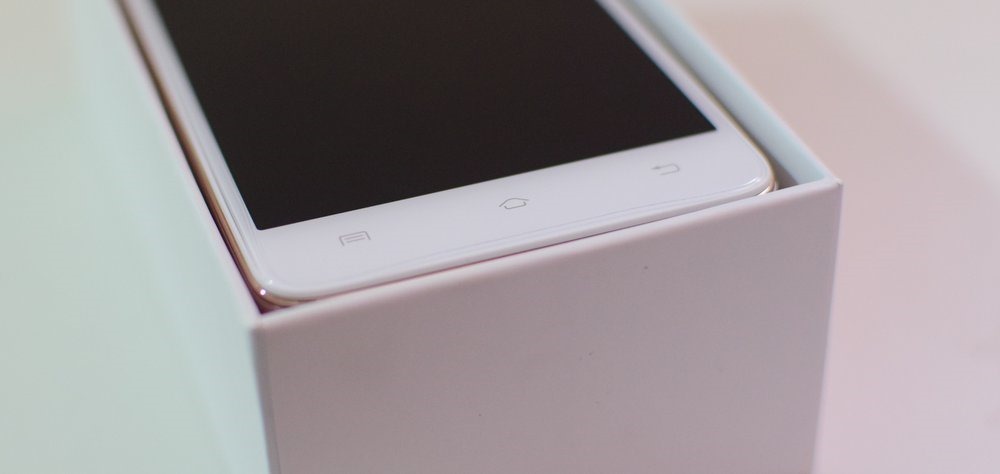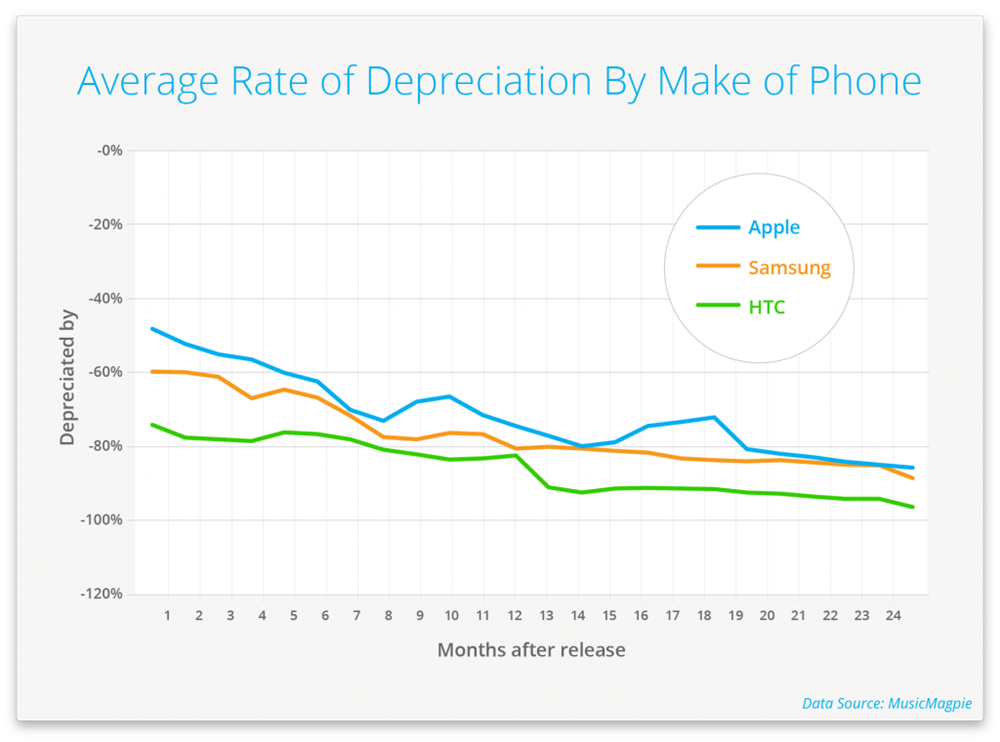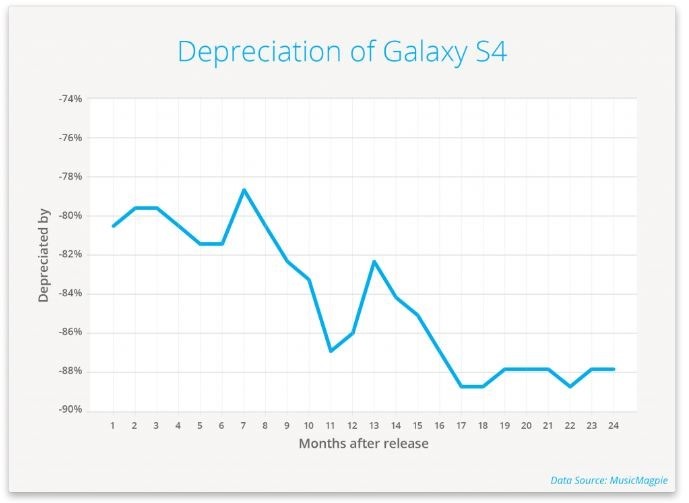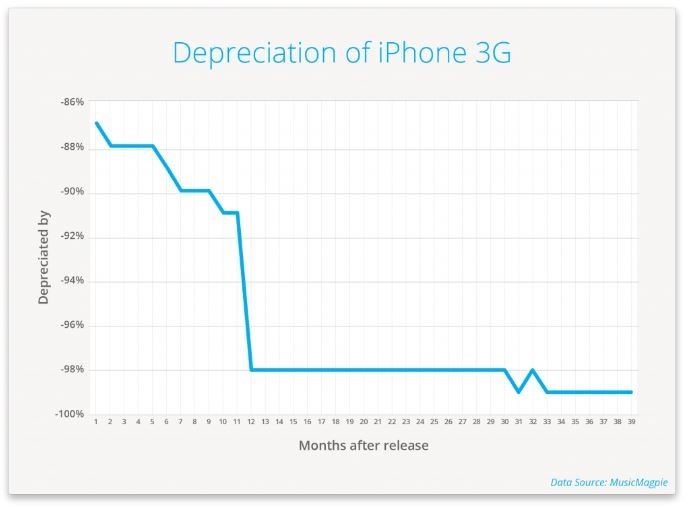Your Beloved Brand New Smartphone Devalues by Up To 65% in 2 Months: Report

Selling an old smartphone can sometimes be a pain, balancing between the best worth of your phone and the buyer’s expectations. A classifieds webiste has now published a report that indicates your smartphone actually may not be worth all that money you’re planning to rake in.
According to the study, your smartphone loses nearly 50% of its worth within the first two months itself. This obviously has been benchmarked with a car, which is another popular expensive product people buy.
Compared to cars that lose about 20% value in the first year, smartphone can lose around 65% of their value in their first month of usage. MusicMagpie.co.uk, an online classified ad portal, has released a few statistics about smartphone depreciation.

Key smartphones and their value after two months
The study indicates that Apple’s iPhones have the least depreciation, at about 50% in the first month, as opposed to 60% for Samsung phones and 75% for HTC devices. However, after 24 months, both Apple and Samsung phones value at just 20% of their original price.
For example, Samsung Galaxy S4, launched in 2014, lost half its value in the first two months of launch, making a loss of 300GBP on the original price of 579GBP. HTC One M9, the company’s flagship, faced the worst with 65% devaluation in the first month itself.

iPhones have an edge over here and the report states so. iPhone 6 lost about 50% of its value after a year, iPhone 4 still retains 39% of its value since launch, while iPhone 5 seems to have taken the biggest hit at 66% loss in value since launch.
iPhone 3G, a very old phone, had lost 98% of its value in 12 months, indicating the advent of the technologically superior iPhone 4. Typically after first 2-3 months, the smartphones’ value declines at an average of 1-2% every month.

Why do phones depreciate faster than cars?
After all, smartphones continue to work well even after 1 year of use, and maximum 2 years of use. However, the answer lies in the fact that smartphones see advancements much earlier than vehicles.
Samsung Galaxy S series or iPhone series see a better, more advanced, superior launch every year and technology changes rapidly in these small gadgets. Consumers want the best value for their money and naturally the successors take precedence over older models.
In case of vehicles, the newer better models do not get replaced that early and since the price one pays for a car is higher, the opportunity to change it rapidly is even lesser.
Another reason why smartphones depreciate faster is the demand for a particular model from the seller. Let us take example of Moto Razr, an iconic smartphone, that if relaunched can definitely ask for higher price from consumers willing to pay. Ironically, its successors will not make much news if relaunched, because Razr V3 was the most popular Motorola clamshell back then.
In case a smartphone’s successor is not worthy enough an upgrade, the predecessor retains its value after a year, with lower depreciation as forecasted. Such factors come into play while deciding the retail price of a smartphone at launch.
Should you get an iPhone then?
Well, iPhones tend to depreciate slower than their Android counterparts, but in no way should this stop one from getting a smartphone of their choice. iPhones cost a tad more than most Android flagships, so the initial investment makes a bigger dent in your wallet.
Smartphone will anyway depreciate after two years of use, so an upgrade should be a must, keeping in mind you get the best value for your hard-earned money. Just like that, we’ll see iPhone 6S getting cheaper close to iPhone 7’s launch in September.
Even if you feel you do not want to sell your old smartphone because you’re not getting a good quote, keep in mind ‘something is better than nothing’ and it will only get worse from there on. Get the best deal at the right time and you’re good to go.
Source: musicMagpie.co.uk
